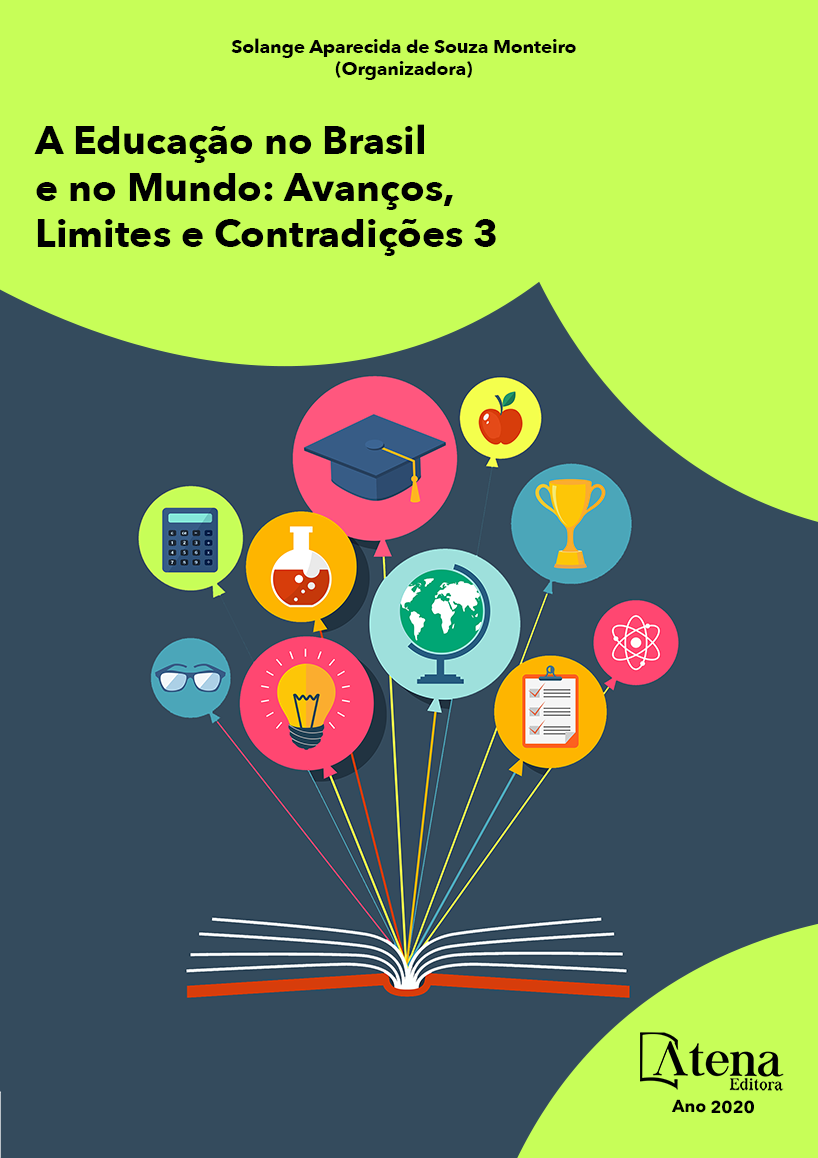
A CONSCIÊNCIA DO PROFESSOR E O CURRÍCULO INTEGRADO
O presente texto tem como
intuito problematizar o papel da consciência
do Professor à luz da epistemologia da
complexidade, presente na obra Ciência com
Consciência, de Edgar Morin. Para isso, será
realizada uma análise reflexiva sobre como
os educadores precisam mediar aulas com
consciência do que é o Currículo Integrado
ao atuar num Curso Técnico Integrado como
condição para despertar a consciência do que
isso representa nos discentes.Como sugestão,
apresentaremos a noção de sabedoria proposta
por Morin como uma possível superação do
cartesianismo, do positivismo, do taylorismo
e da visão baconiana de que conhecimento é
poder sobre a natureza e sobre os outros. O
docente de Educação profissional e Tecnológica
precisa buscar elementos dialógicos e uma
estratégia integradora do conhecimento com o
mundo da vida do discente, pois o que define
um Currículo Integrado não é a justaposição
de um curso técnico com o Ensino Médio, é
uma concepção filosófica da pessoa humana
como produtora de tecnologia, da ciência,
da técnica inserida no mundo do trabalho.
Educar não é apenas transmitir informações,
mas problematizá-las pelo viés do estatuto
epistêmico da complexidade, no que aqui
defendemos, visando à promoção de um novo
paradigma que supera o entendimento de que
conhecer é apenas um acúmulo de informações.
Se o professor tiver consciência, o educando
gradativamente também irá adquiri-la, se quem
exerce a docência em EPT não compreende
a urgência da interdisciplinaridade, como
estratégia epistemológica e metodológica, para
superar o paradigma positivista e cartesiano,
não podemos esperar do discente uma postura
crítica, proativa, criativa e autodeterminada
diante do conhecimento. A autonomia discente
se constitui à luz da autodeterminação e
consciência do docente.
A CONSCIÊNCIA DO PROFESSOR E O CURRÍCULO INTEGRADO
-
DOI: 10.22533/at.ed.3322020018
-
Palavras-chave: Epistemologia; Currículo Integrado; Consciência; Ensino.
-
Keywords: Epistemology; Integrated curriculum; Consciousness; Teaching.
-
Abstract:
This text intends to problematize the role of the Teachers’ awareness
in the light of the epistemology of complexity, present in Edgar Morin’s Science with
Consciousness.For this, a reflective analysis will be conducted on how educators
need to mediate classes with awareness of what is the Integrated Curriculum by
acting in secondary education integratedas a condition to raise awareness of what
this represents in students. As a suggestion, we present Morin’s notion of wisdom as
a possible overcoming of Cartesianism, positivism, Taylorism, and the Baconian view
that knowledge is power over nature and others.The teacher of the Vocational and
Technological Education (EPT) needs to seek dialogic elements and an integrative
strategy of knowledge with the student’s world of life, because what defines an
Integrated Curriculum is not the juxtaposition of a technical course with High School,
it is a philosophical conception of human person as producer of technology, science,
technique inserted in the world of work. To educate is not only to transmit information, but
to problematize it by the bias of the epistemic statute of complexity, in what we defend
here, aiming at the promotion of a new paradigm that surpasses the understanding
that knowing is just an accumulation of information.If the teacher is aware, the student
will gradually acquire it, if the teacher in EPT does not understand the urgency of
interdisciplinarity, as an epistemological and methodological strategy, to overcome the
positivist and Cartesian paradigm, we cannot expect from the student a posture critical,
proactive, creative and self-determined in the face of knowledge. Student autonomy is
constituted in the light of the teacher’s self-determination and conscience.
-
Número de páginas: 17
- Ricardo Antonio Rodrigues
- Liára Colpo Ribeiro


